Why I Left the Big Firm Life to Feed Dogs with Tim Hirsch, GC of Mars Science and Diagnostics

Why I Left the Big Firm Life to Feed Dogs with Tim Hirsch, GC of Mars Science and Diagnostics
Join Tim Hirsch, General Counsel at Mars Science and Diagnostics, as he discusses practicing law abroad, transitioning from corporations to start-ups, co-founding a human-grade dog food start-up, leading legal in the petcare industry, and finding the motivation to train for and complete an Ironman triathlon.
Key Insights
1. Global Perspective Breeds Empathy
Tim began his legal career in Brussels, working with the European Commission on antitrust issues. “I was born there but couldn’t practice Belgian law—I knew nothing about it,” he laughs. The experience taught him adaptability and humility early. Having worked in multiple countries, he now brings cultural fluency to Mars’s multinational matrix: “It helps me connect with people who aren’t always comfortable in corporate America.”
2. Joining a Startup? Expect to Learn Everything.
As the first lawyer at Collibra, Tim went from reviewing SaaS contracts in a WeWork to supporting Series rounds. “It was the first time I felt I could really screw up in a major way—which means I was finally making an impact.” His secret? Listening. “I just sat in on every sales and product meeting I could. That’s how you learn how a company grows.” He discovered that business sense—not black-letter law—is what separates good in-house lawyers from great ones.
3. Entrepreneurship Builds Courage (and Humility)
When Tim co-founded Doggy Chef, a D2C dog-food company, he learned how hard building from scratch really is. “You go from cooking in your kitchen to managing payroll, distribution, and sales—all at once.” The biggest lesson? “It’s easy to sell someone else’s P&L when it’s loss-making. Selling your own is a lot harder.” While the venture eventually folded, it gave him an operational mindset that shaped his leadership at Mars.
4. Scaling Inside Big Companies Requires Ego Management
Transitioning from startup life to Mars’s multi-layered corporate structure wasn’t easy. “At a 10-person startup, your area of influence is everything. In a 200-lawyer organization, it’s not.” Tim says the key is reframing success. “You’re not going to be in every conversation—but you can still have massive impact at scale. Check your ego, and find where you can create real value.”
5. Lessons from the Ironman: Chunk, Commit, and Train Your Weaknesses
Completing an Ironman taught Tim more about leadership than any MBA could. “You can’t think about 65 miles—you break it into ten 6-mile rides.” The same applies to daunting work projects. “Big goals become manageable when you chunk them.” His other mantra: work your weakness. “We love doing what we’re good at, but progress happens when you spend time on what you’re bad at.”
6. Closing Insight:
“You don’t have to know everything — just keep learning.”
For Tim, great GCs aren’t defined by what they control, but by how they adapt, stay curious, and lift their teams along the way.
In this podcast, we cover
0:00 Introduction
4:27 Starting a legal career in Europe
8:59 Bringing a different perspective to in-house legal
11:25 Becoming Head of Legal at Collibra
14:24 Learning business skills on the job
20:02 Developing the confidence to start a business
21:29 Co-founding DoggyChef
30:08 Moving into a GC role at Mars Petcare
34:58 Switching between large and small organizations
39:34 Training for an Ironman triathlon
49:36 Rapid-fire questions

.svg)







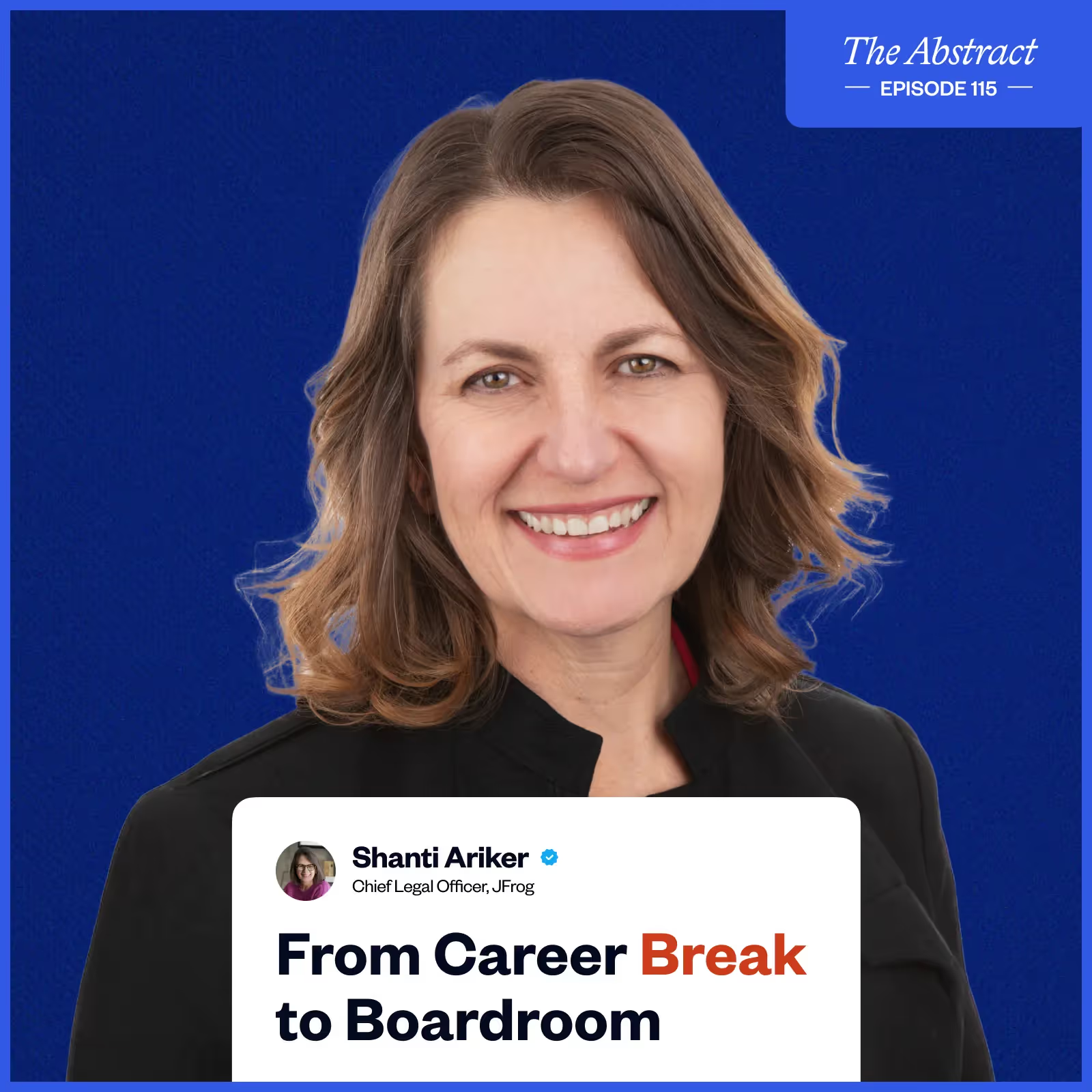
.svg)
.svg)




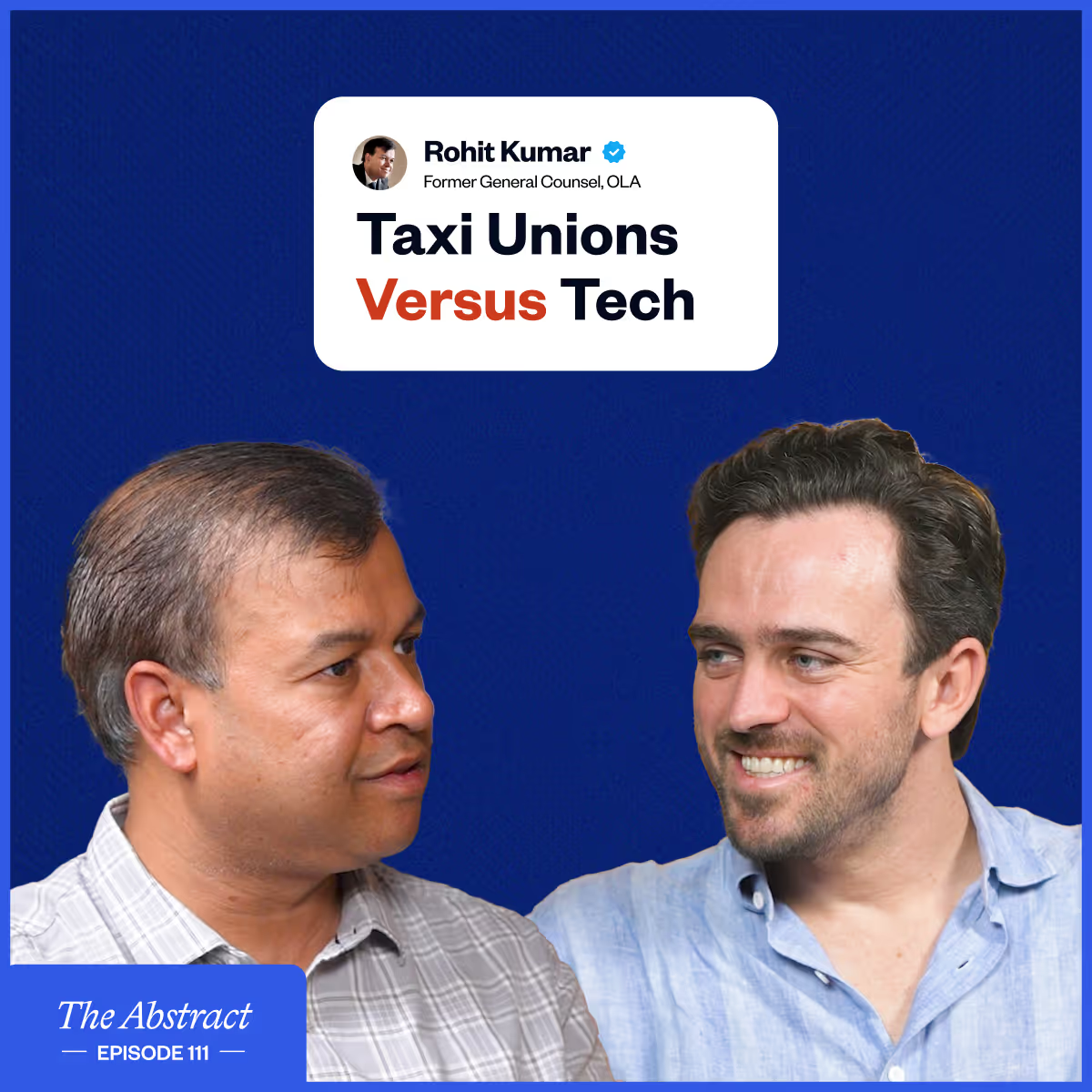
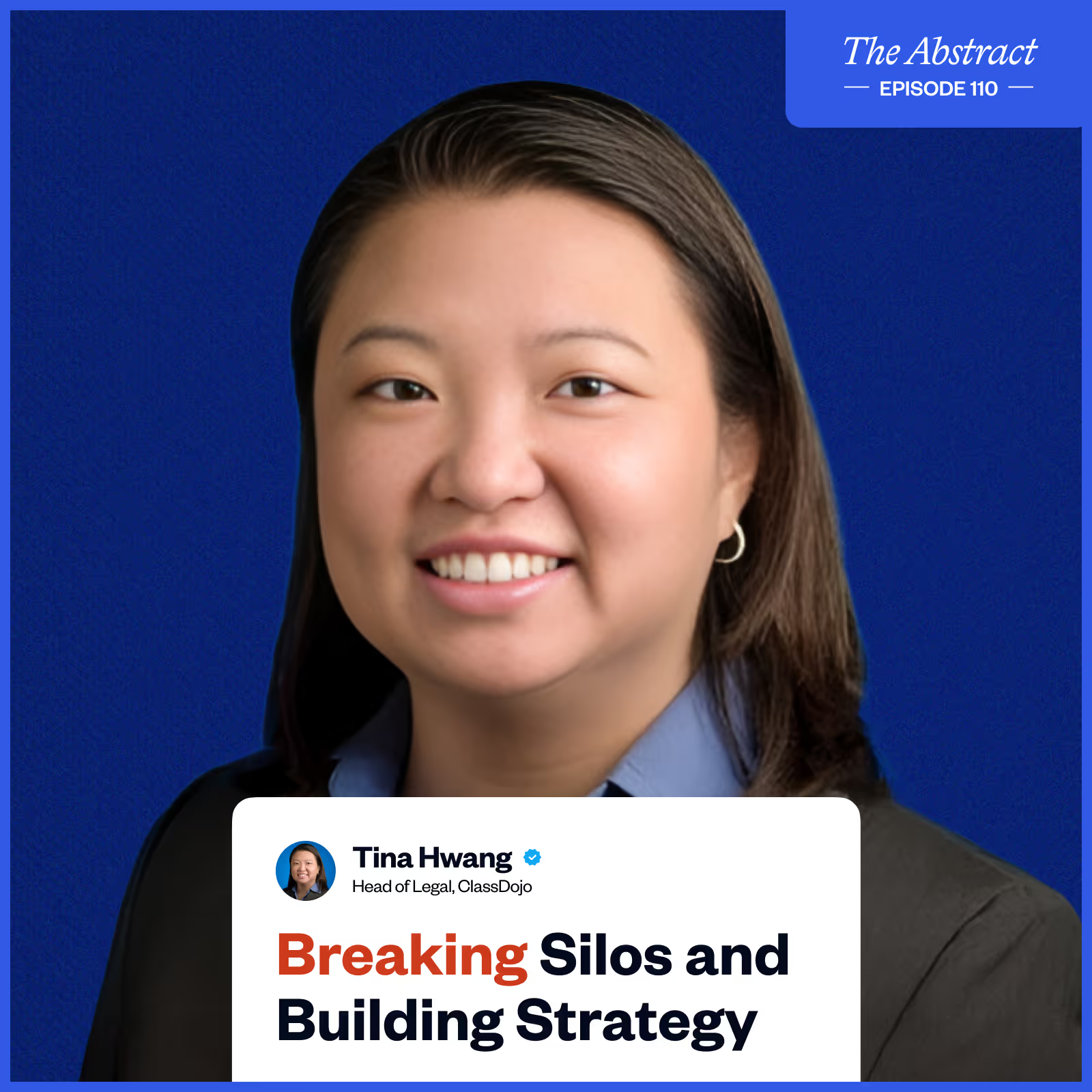


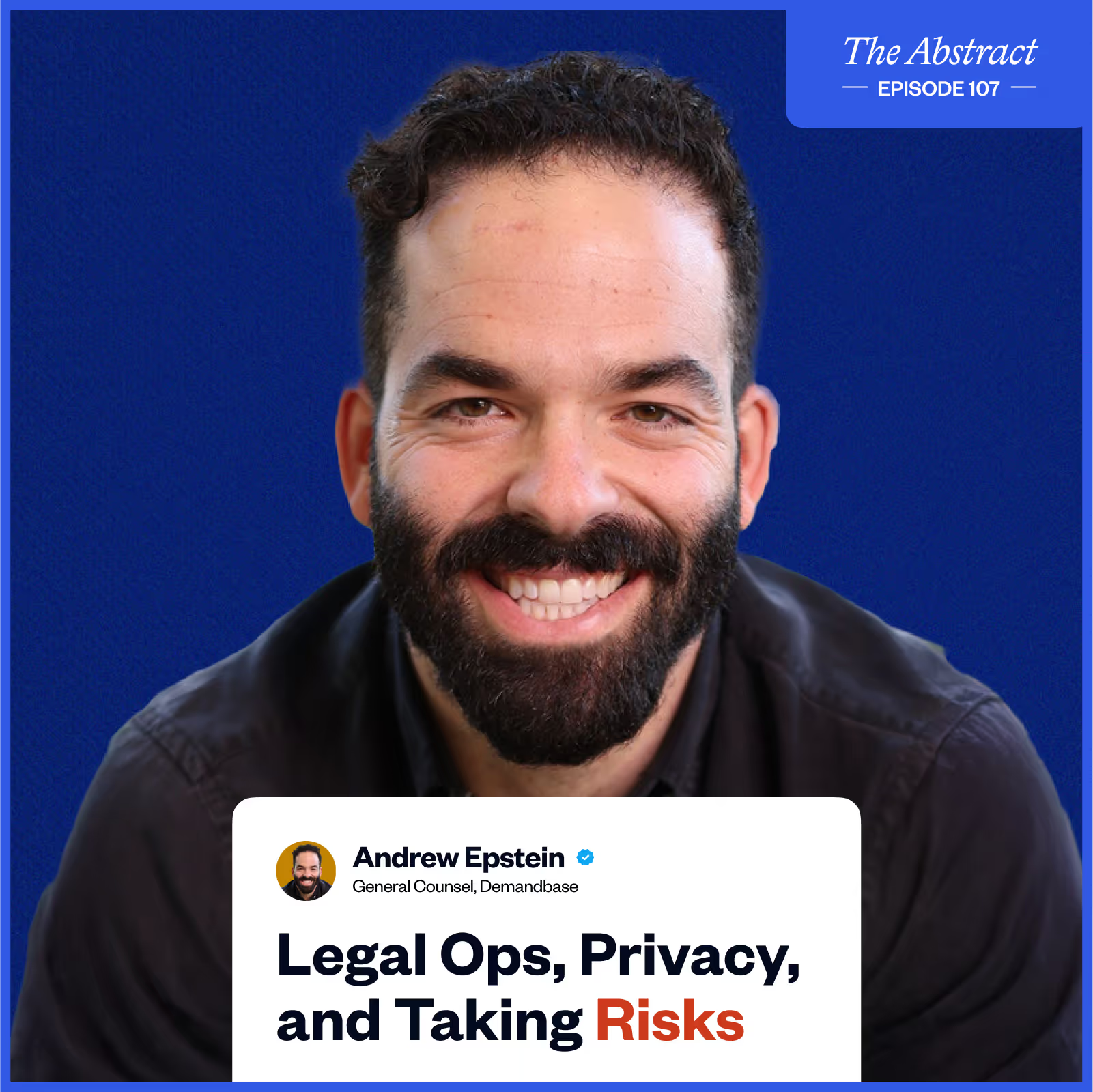


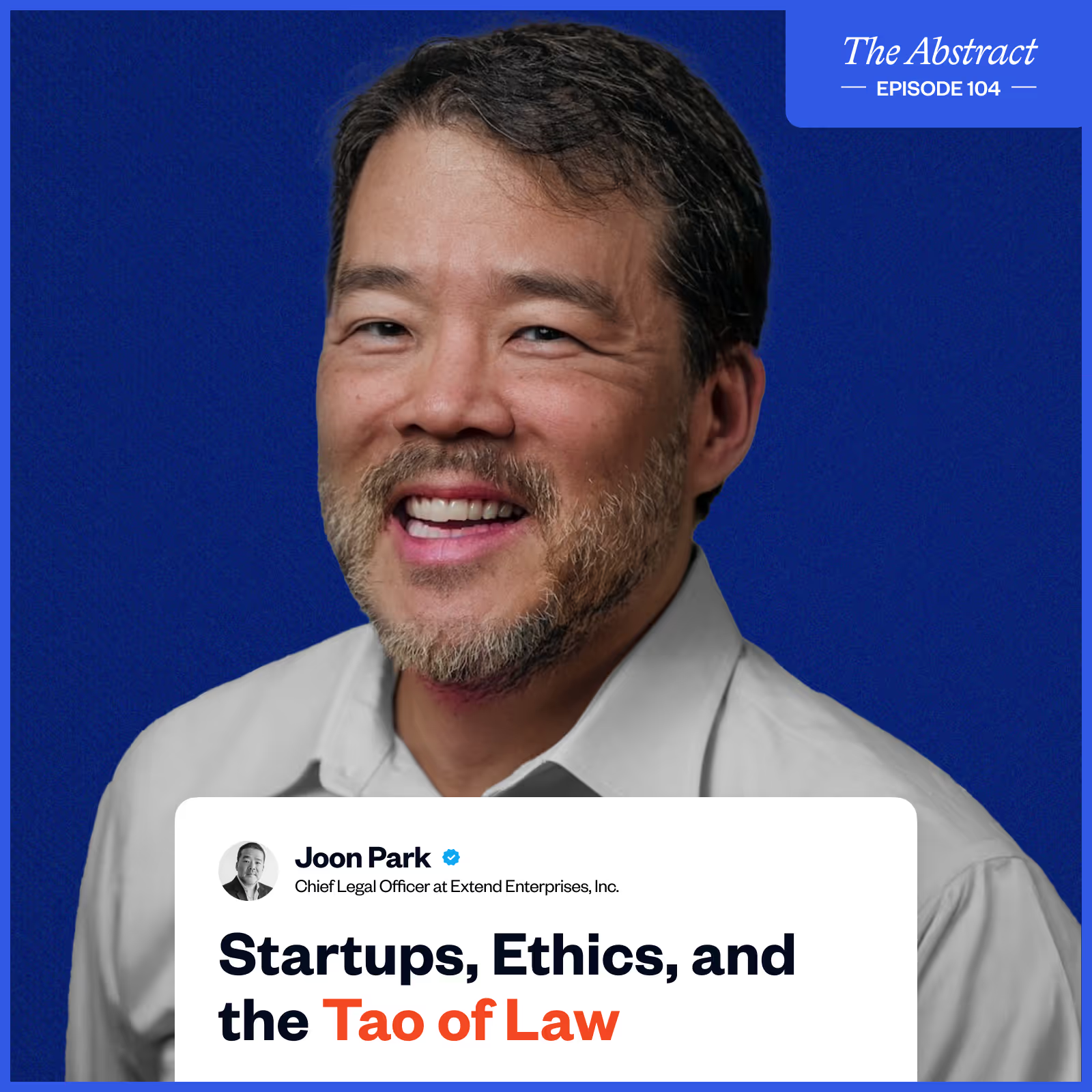

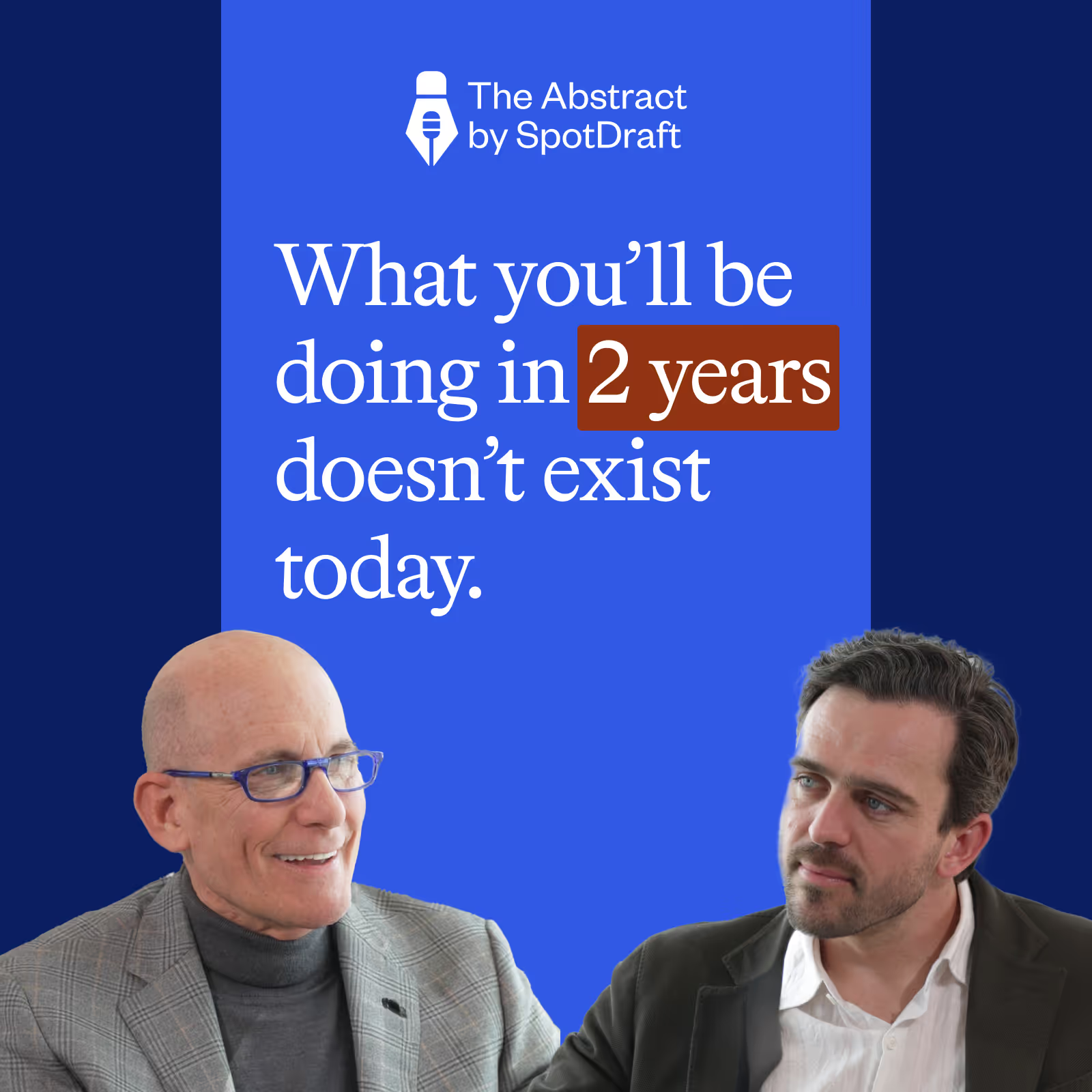







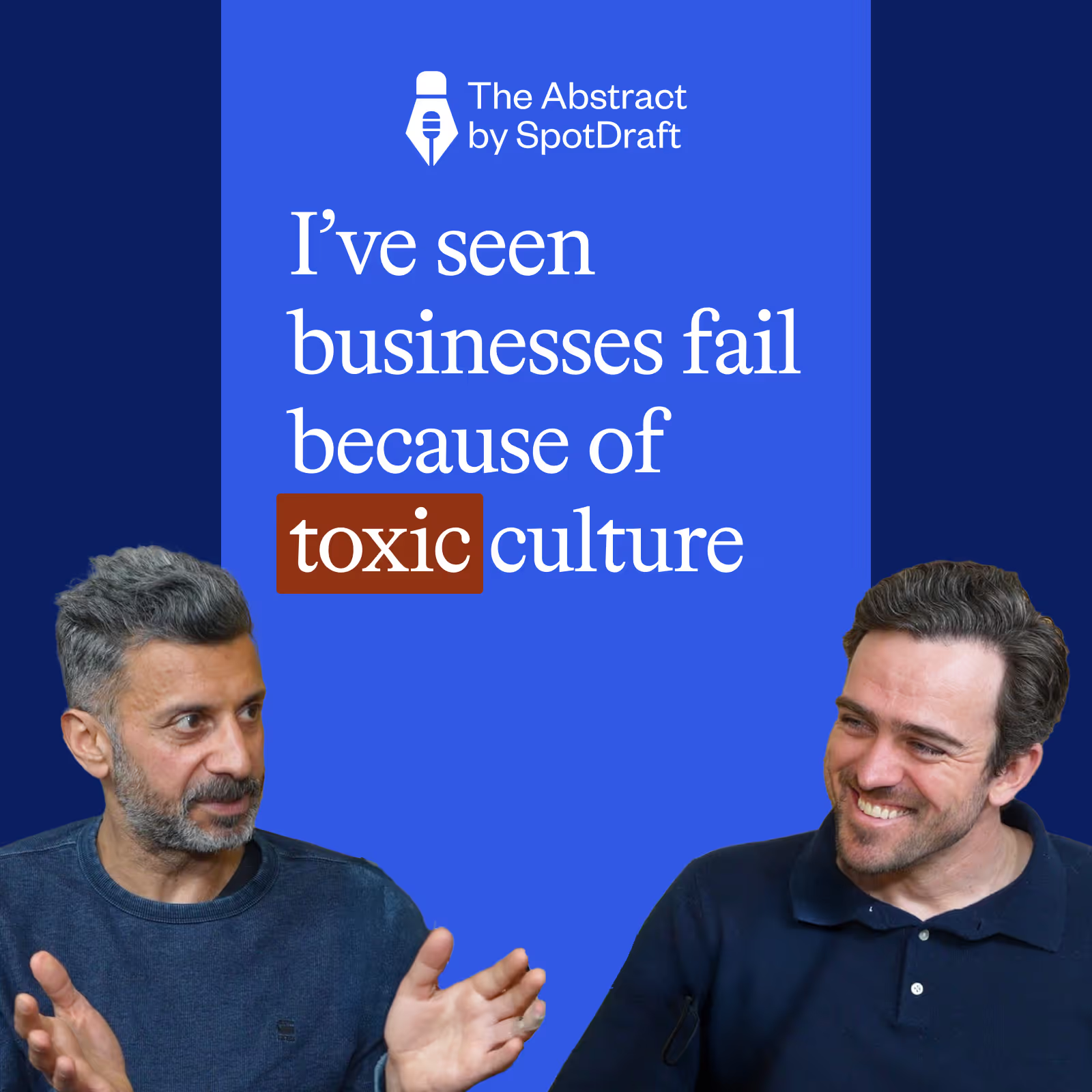
















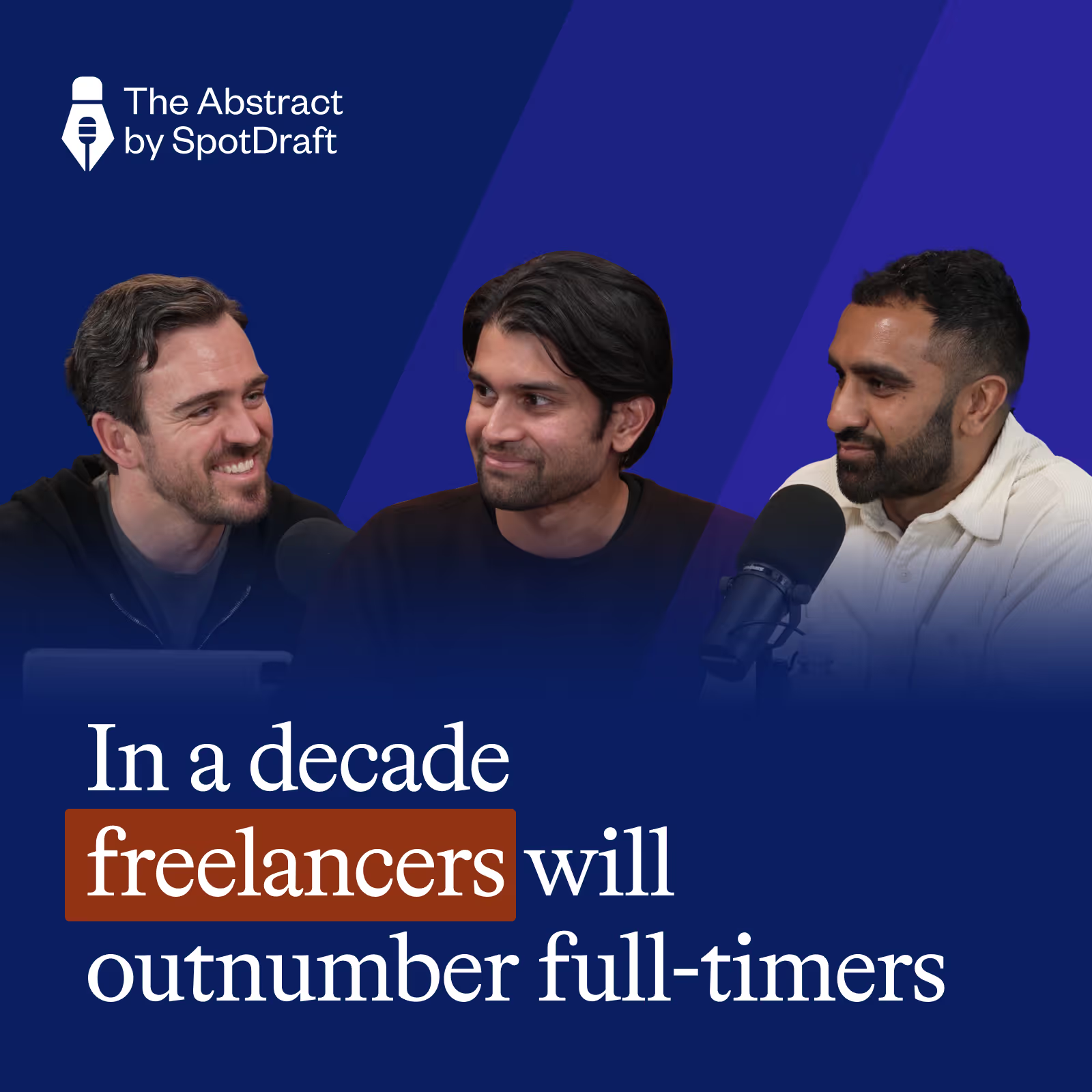











































.avif)







.avif)








